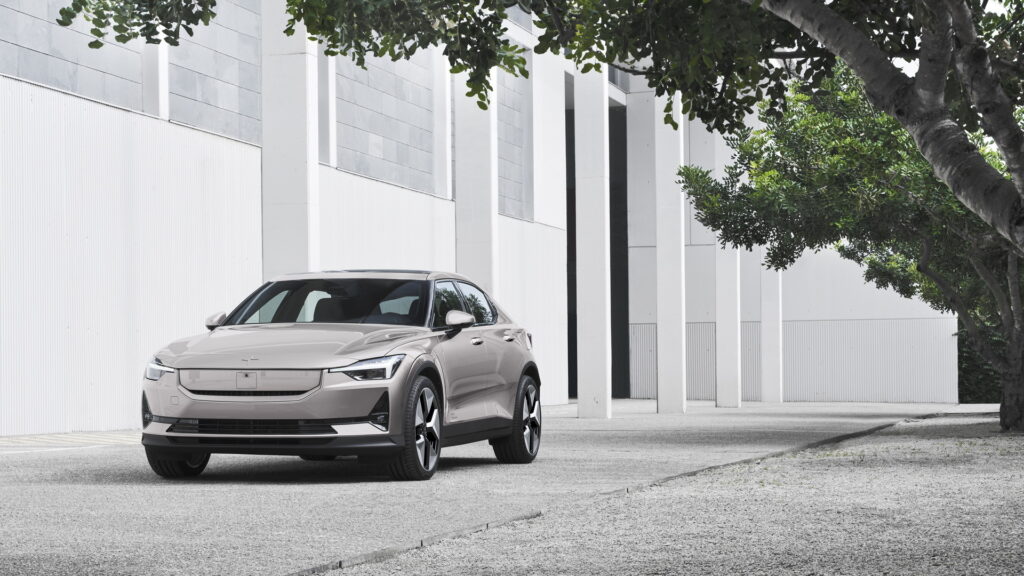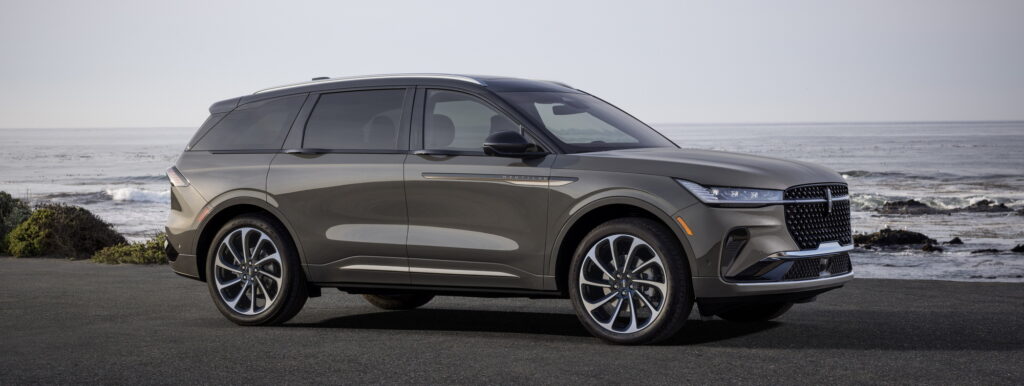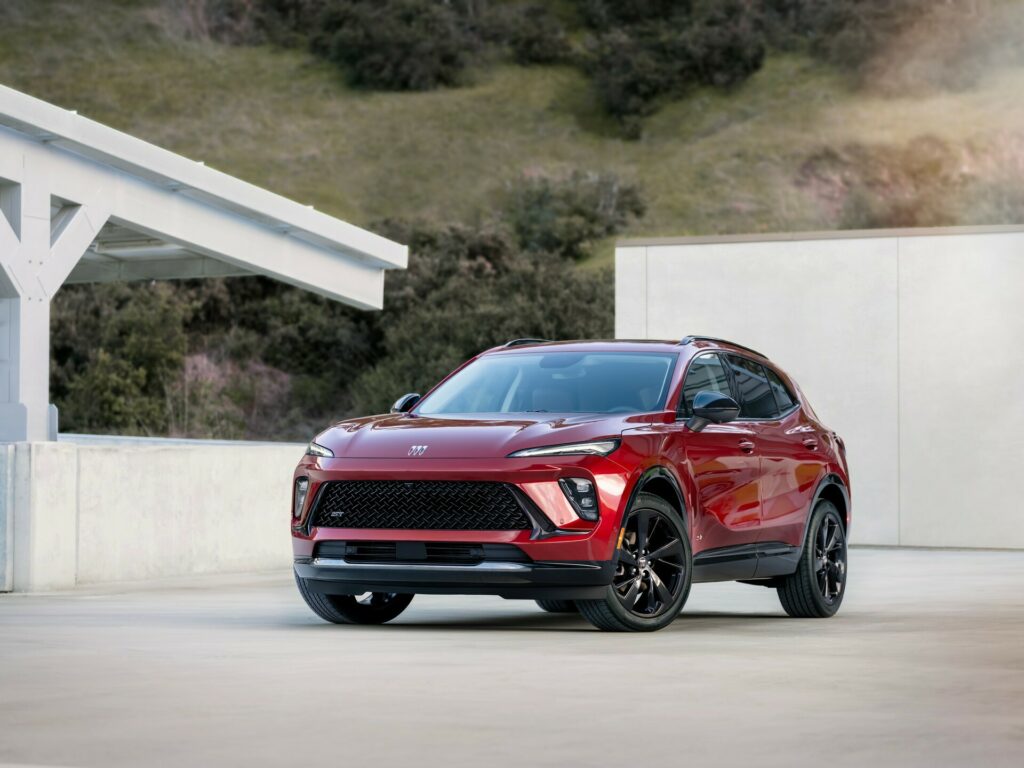- The Biden Administration has finalized a rule targeting cars and technologies from China and Russia.
- It bans the import and sale of certain vehicles and components due to national security concerns.
- The exact impact remains to be seen, but it appears the Buick Envision and Lincoln Nautilus could be fine.
The Biden Administration has moved one step closer to banning imports of Chinese vehicles and technology. This could prove a significant challenge for both domestic and foreign automakers.
In a statement, the White House said Biden was taking “strong and decisive actions to safeguard America from national security risks associated with the exploitation of U.S. connected vehicle supply chains by the People’s Republic of China and Russian Federation.” As part of this effort, the Department of Commerce finalized a rule that will “prohibit the sale and import of connected vehicle hardware and software systems, as well as completed connected vehicles,” from China and Russia.
More: Biden Administration Moves To Ban Chinese And Russian Connected Car Tech
The White House said Bluetooth, cellular, satellite, and WiFi connectivity can provide customers with greater convenience and safety, but “foreign adversary involvement in the supply chains” poses a significant threat. They suggested this could give “malign actors unfettered access to these connected systems and the data they collect.”
The Biden Administration went on to point to China’s “cyber espionage and intrusion operations, which continue to pose a significant threat to U.S. critical infrastructure and public safety.” They noted the recent Volt Typhoon attacks on communications, energy, transportation, and water systems, which the Cybersecurity and Infrastructure Security Agency has blamed on state-sponsored hackers from China.

Besides the ability to disrupt U.S. critical infrastructure, the government is concerned about the “mass collection of sensitive information, including geolocation data, audio and video recordings, and other pattern-of-life analysis.” As the recent Tesla Cybertruck attack showed, modern vehicles collect a ton of information and foreign governments could use this to their advantage.
While there are still plenty of questions, the White House said the rule will “prohibit the import or sale of certain connected vehicle systems designed, developed, manufactured, or supplied by entities with ties to the PRC or Russia.” This includes connectivity systems and components such as Bluetooth, cellular, satellite, and Wi-Fi modules as well as automated driving systems.
The rule also includes “restrictions on the import or sale of connected vehicles using VCS [vehicle connectivity systems] and ADS [automated driving systems] software, as well as imports of VCS hardware equipment.” The software restrictions will go into effect for the 2027 model year, while hardware restrictions will follow for the 2030 model year.

Interestingly, the rule also targets companies building vehicles in America. As the White House explained, “The rule also includes a prohibition on the sale of connected vehicles in the United States by entities who are owned by, controlled by, or subject to the jurisdiction or direction of the PRC or Russia – even if those vehicles were made in the United States.” This goes into effect for the 2027 model year.
The rule only applies to passenger vehicles, but the government is now looking to apply something similar to commercial vehicles as well as vehicles that weigh over 10,000 lbs (4,536 kg).
While the impact remains to be seen, it appears the Buick Envision and Lincoln Nautilus will be fine. Reuters cited a senior official as saying both could potentially continue to be imported as the bans “would not cover Chinese software developed before the new rules took effect, so long as it was not being maintained by a Chinese firm.” Polestar, on the other hand, might be forced to seek a special authorization.





